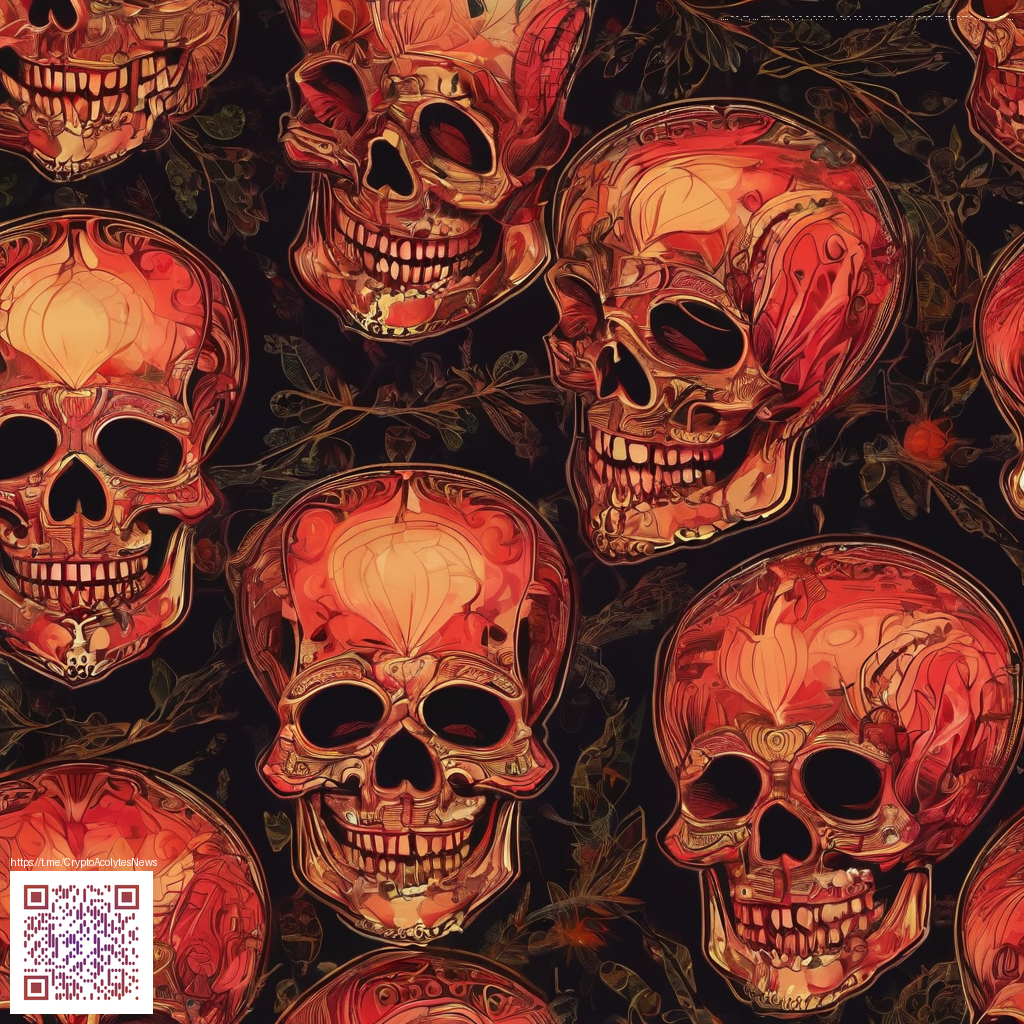
The Whispering Masks of Hollowgate
In Hollowgate, the night is thick with fog and old rumor. The town’s greatest ritual happens after dusk: the carving of wood and bone, the lacquered sheen of masks that hang in rows like hollowed chandeliers. They do not simply wait for a wearer; they listen. And when the dark deepens, they begin to murmur.
I arrived as an apprentice to a shop that smelled of resin and rain, with the peculiar burden of finishing a mask that refused to be finished. Everyone whispered that the masks chose their tellers, not the other way around. My mentor, a woman named Maela, spoke softly about boundaries and bargains, but the night would not be patient with boundaries. It pressed, it breathed, and it whispered back in voices that were not quite human.
The first voice came as a rustle of threads against wood, a patient hiss that said: “We have worn your kind before. Learn what we hide, or wear what we are.”
Maela warned me with a finger laid over my lips, as if sealing a mouth I did not know I possessed. The mask I worked on wore a pale glaze, its eyes hollowed into a listening void. When the lamp guttered and the clock ticked with a sound like a moth’s wing, the whispers began. They did not demand blood or noise; they demanded attention, and attention is the most costly currency in Hollowgate.
In the days that followed, I learned the rules the masks kept. They do not tell you their names, but they tell you your own—your regrets, your fears, the promises you failed to break. Each whisper is a thread, and if you pull, you risk becoming the fabric of someone else’s memory. The masks do not hate; they merely remember what you have hidden from yourself.
- They speak in languages you forgot you knew, returning old conversations as if you had never stopped listening.
- They reveal doors that should have remained sealed, and with a single breath, coax you toward them.
- They reward curiosity with clarity, then demand a toll paid in silence and time.
One night, a child’s mask—frayed at the edges, teeth carved of ash—leaned toward me and whispered my own name as a question I could not answer. In that instant I understood: the masks do not seek to possess us; they seek to accompany us into the dark places we pretend do not exist, guiding us to face the rooms we keep locked behind our own eyelids.
When the frost thickened on the windows and the bells of Hollowgate tolled in strange rhythms, I realized Maela was right to caution me. The masks are not relics of memory; they are windows, and every window is a threshold. Tonight, as I write this, a new whisper gathers in the shop—the soft, patient rustle of patience rewarded. If you listen long enough, you will hear a name you forgot you carried. If you answer, you may find yourself wearing it, not as a mask, but as a memory you cannot shed.